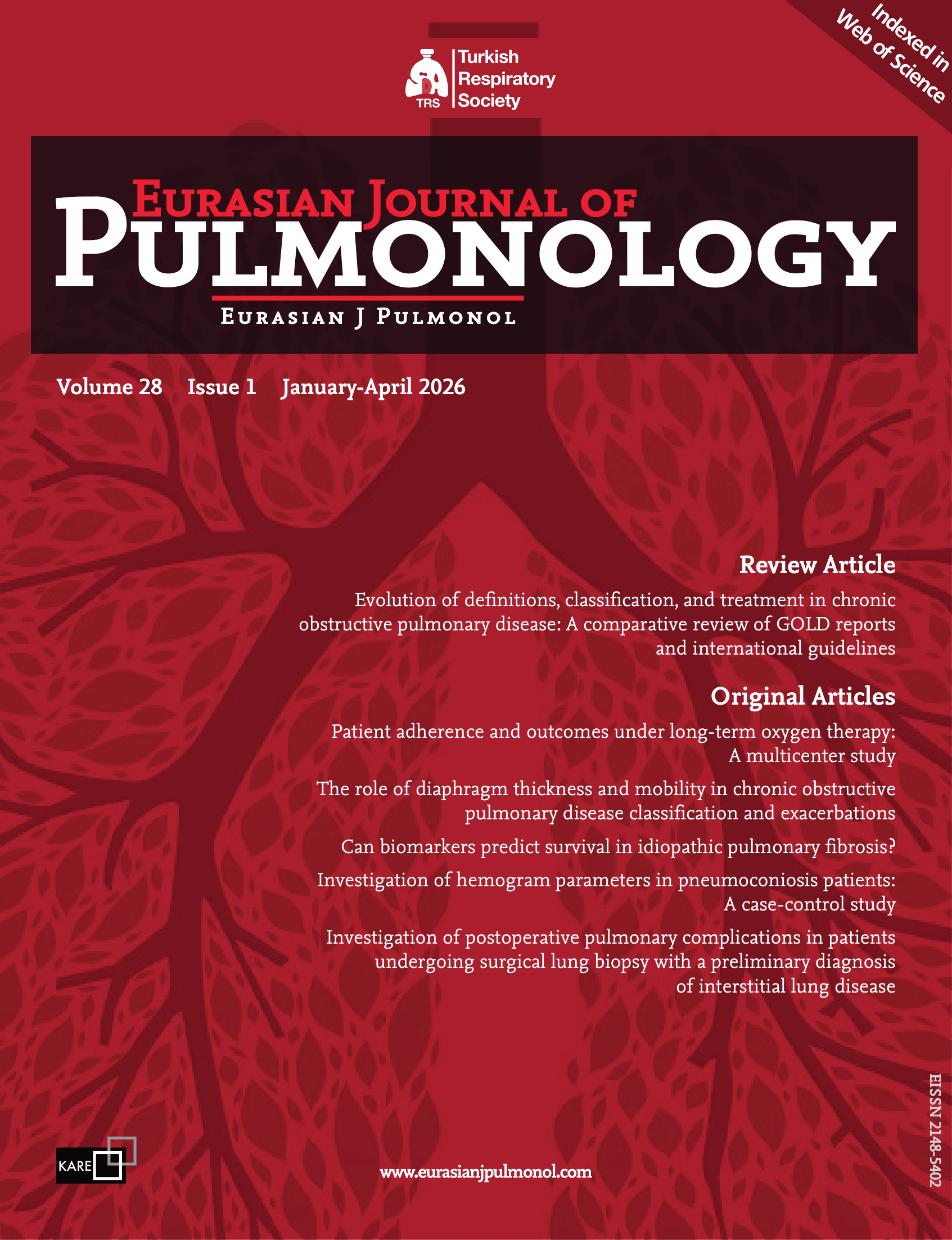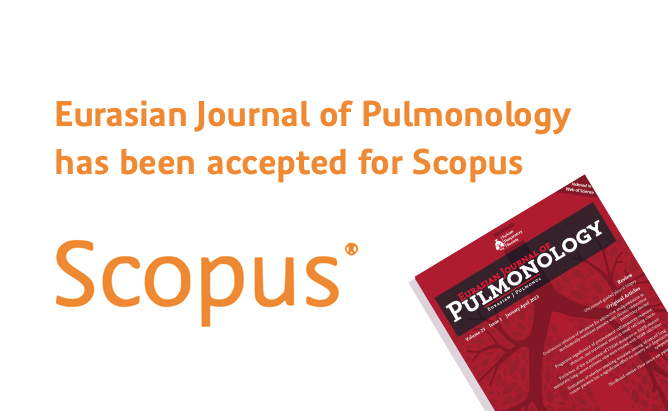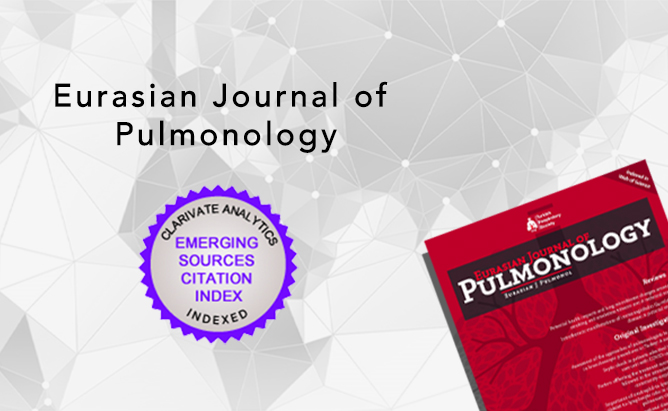2Department of Chest Diseases, Kocaeli City Hospital, Kocaeli, Türkiye
3Department of Chest Diseases, Kocaeli University Faculty of Medicine, Kocaeli, Türkiye
4Department of Infectious Diseases, Bulanık State Hospital, Mus, Türkiye
5Occupational Safety and Health, Yüzyıl Group Hospital, Istanbul, Türkiye
6Emergency Service, Kocaeli Academy Hospital, Kocaeli, Türkiye
7Department of Infectious Diseases, Kocaeli University Faculty of Medicine, Kocaeli, Türkiye
Abstract
BACKGROUND AND AIM: Coronavirus Disease 2019 (COVID-19) infection is associated with an increased incidence of thromboembolic events. This study aimed to evaluate the frequency of in-hospital thromboembolic events in patients with COVID-19 and investigate the impact of blood parameters, measured at the time of diagnosis, on the development of thromboembolic events.
METHODS: Demographic data, the frequency of thromboembolic events, and blood parameters at the time of diagnosis were recorded for all patients.
RESULTS: A total of 2,323 patients, including 1,136 women (48.9%) and 1,187 men (51.1%) were included in the study. Thromboembolic events occurred in 103 (4.4%) patients during hospitalization. Deep vein thrombosis (DVT) was observed in four patients (0.2%), pulmonary thromboembolism (PTE) in three patients (0.15%), peripheral arterial disease in four patients (0.2%), cerebrovascular events in 17 patients (0.7%), mesenteric ischemia in one patient (0.05%), and myocardial infarction (MI) in 74 patients (3.2%). The frequency of thromboembolic events was significantly higher in patients with hypertension (HT) (p=0.03), heart failure (p=0.023), chronic kidney disease (p=0.017), and chronic obstructive pulmonary disease (COPD) (p=0.035) compared to those without these conditions. Patients with thromboembolic events were significantly older than those without such events (p=0.003). Among laboratory parameters, hemoglobin levels were significantly lower (p=0.002), and mean platelet volume (MPV) was significantly higher (p=0.009) in patients with thromboembolic events. Multiple regression analysis identified age (odds ratio [OR]: 1.014, 95% confidence interval [CI]: 1.001–1.027; p=0.032), hemoglobin levels (OR: 0.906, 95% CI: 0.824–0.997; p=0.043), and MPV (OR: 1.197, 95% CI: 1.030–1.391; p=0.019) as risk factors for thromboembolic events.
CONCLUSIONS: Advanced age is a risk factor for thromboembolic events in patients with COVID-19. It is believed that hemoglobin levels and MPV at the time of hospital admission may also contribute to predicting thromboembolic events.




 Özgür Barış1
Özgür Barış1 




